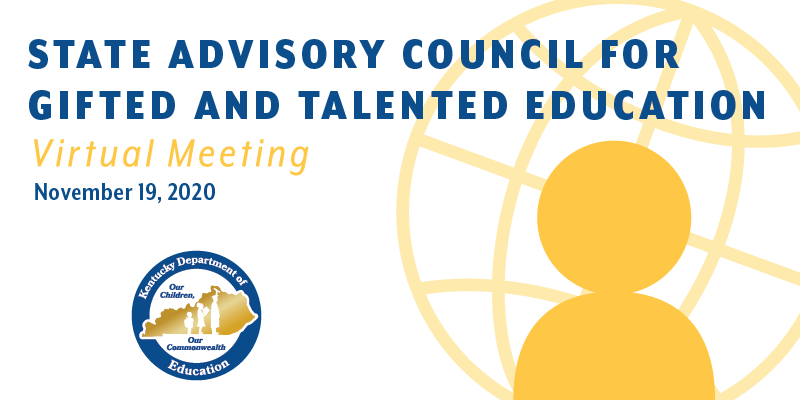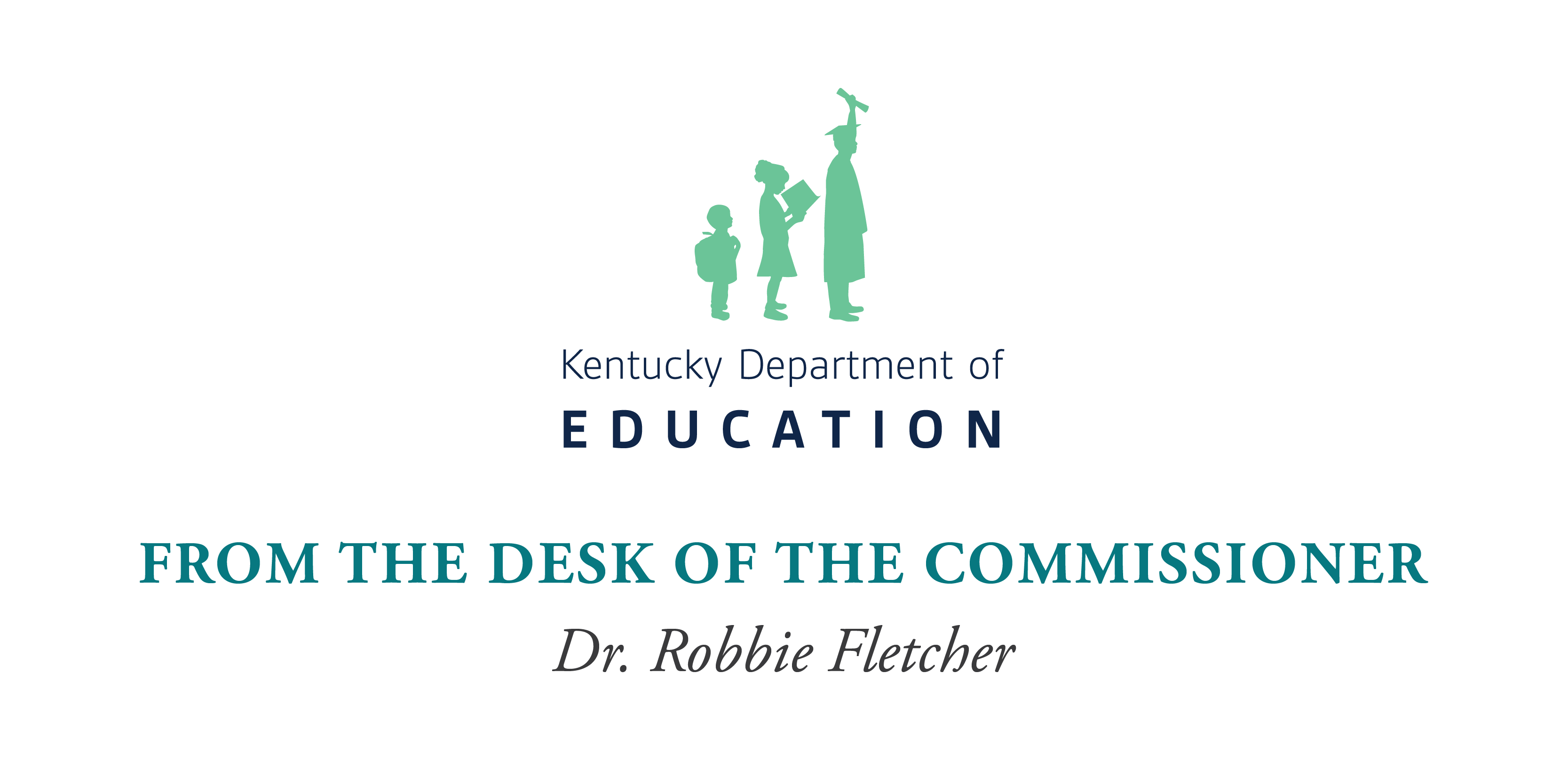 Barriers to equity in identifying gifted and talented students still exist in Kentucky’s public schools, members of the Kentucky Department of Education’s (KDE’s) State Advisory Council for Gifted and Talented Education (SACGTE) said during their meeting on Nov. 19.
Barriers to equity in identifying gifted and talented students still exist in Kentucky’s public schools, members of the Kentucky Department of Education’s (KDE’s) State Advisory Council for Gifted and Talented Education (SACGTE) said during their meeting on Nov. 19.
The advisory council sought to identify remaining barriers for discussion, with the intent of finding solutions and equally serving all eligible students.
Students who qualify for free or reduced-price meals are underrepresented in gifted and talented classes, so teachers ought to collaborate with school food services to help identify those students, board member Katie Booth said.
Only school food service directors have access to the list of students on free or reduced-price meal programs, so teachers should give those directors a list of potentially gifted students to help identify candidates that way, said board member DeAnna Miller, superintendent of Fulton Independent School District.
Some parents still aren’t getting information on what gifted and talented program options exist for their children, said board member Carla Pleasant, facilitator at the School for the Creative and Performing Arts at Lafayette High School (Fayette County). Better outreach and publicity are needed from school districts, she said.
Schools also should look for “twice exceptional” students – special needs children who are gifted in some area, Pleasant said. Kentucky students are considered gifted and talented in the areas of general intellectual aptitude, specific academic aptitude, creative or divergent thinking, psychosocial or leadership skills and visual or performing arts.
Board member Lynette Baldwin, executive director of the Kentucky Association for Gifted Education, said students in rural areas still lack the same degree of access to gifted and talented programs as students in urban areas.
“I’m thinking of far western and far eastern Kentucky, especially,” she said.
Board Chair Julia Roberts, executive director of the WKU Center for Gifted Studies, said the group should look for current Kentucky data on students achieving at advanced levels and compare that with the achievement gap for various populations. In previous years, and in other states, the disparities that emerged were “shocking,” she said.
The current “elephant in the room,” Pleasant said, is what services gifted students are receiving – or are unable to receive – through virtual learning during COVID-19 shutdowns. Most districts have offered primarily virtual learning since March 16, 2020.
On Nov. 18, Gov. Andy Beshear ordered Kentucky schools to close for in-person learning starting Nov. 23 due to a dramatic rise in COVID-19 infection rates.
Even before the mandatory shutdown, an inability to do in-person testing of 3rd-graders in Fayette County means the new cohort of gifted and talented students will be disrupted next year, Pleasant said.
“I think this is a conversation we’ll want to continue at our next meeting,” Roberts said.
STEM Academies
The Craft Academy at Morehead State University is taking applications from sophomores for its two-year residential program until Feb. 1, said Sunshine Stamper, Morehead’s assistant director of admission.
The Craft Academy is a STEM-focused dual-credit program in which academically exceptional Kentucky students can start work on their intended major or take a variety of classes, she said. There is no cost to students for tuition, housing or a meal plan, Stamper said. The program will accept up to 74 students next year, who will live in an exclusive residence hall at the center of campus, she said.
“We are searching for the class of 2023 right now,” Stamper said.
Prospective applicants can apply online to the Craft Academy, and questions can be emailed to craftacademy@moreheadstate.edu.
The application deadline is also Feb. 1 for the Carol Martin Gatton Academy of Mathematics and Science at Western Kentucky University (WKU), Roberts said.
The Gatton Academy, which operates similarly to the Craft Academy, takes about 95 students annually for its two-year residential program.
World Language Standards
Kentucky is in the process of revising its World Language Proficiency standards, and SACGTE members reviewed a summary draft of the revisions.
Revisions are done every six years, led by teachers’ groups, said Thomas Clouse, education academic program manager in KDE’s Office of Teaching and Learning. The final version will be presented to the Kentucky Board of Education for approval.
If the approval process goes smoothly, the new standards could be in effect for the 2021-2022 school year, said Erin Chavez, academic program consultant in KDE’s Office of Teaching and Learning.
The proposed version emphasizes teaching not just the language itself, but the cultures associated with that language, Clouse said. American Sign Language is included as a world language.
The full document matches many national standards for language education, Clouse said.
Not all Kentucky schools must have a world language program. That decision is made locally, Chavez said.
The state is partnering with organizations in other countries to bring language teachers here on an exchange program, including Spain and China, Clouse said.




Leave A Comment